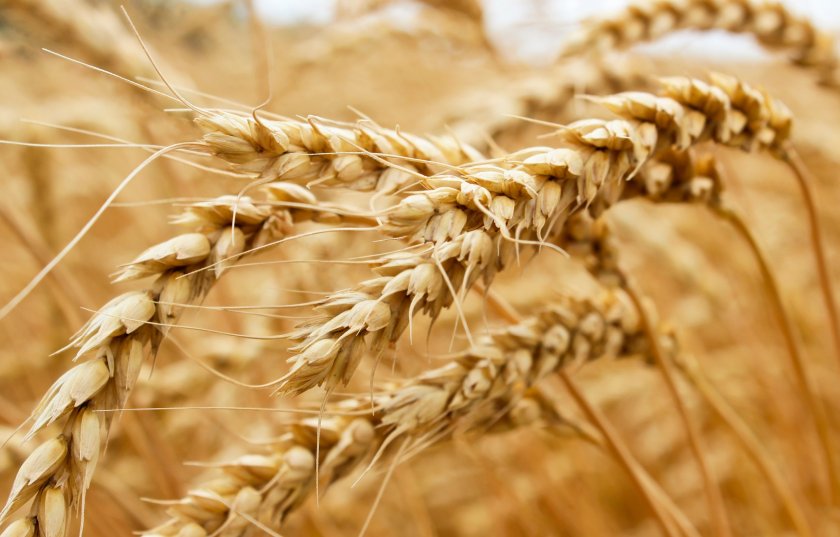Report puts spotlight on impact UK research has had on wheat innovation

A new report has put a spotlight on the significant impact that UK-led research has had into wheat innovation over the last decade.
The Biotechnology and Biological Sciences Research Council (BBSRC) said its research projects and studies had "propelled UK wheat research to new heights".
A critical staple in the global diet, wheat faces increasing demand due to a growing population and rising incomes.
Research project investments by the body between 2010 to 2011 and 2021 to 2022 - totalling £222m - have helped address these challenges.
With wheat providing 20% of human calories and demand growing by 1.7% annually, the research initiatives focused on enhancing wheat yields, resilience and sustainability.
One project saw researchers introduce resistance genes from wild wheat relatives to improve resistance against fusarium head blight.
Another led to novel rapid pathogen surveillance methods and the identification of key genes for yellow rust disease resistance.
Furthermore, the research has helped address the pressing issue of climate change, which significantly impacts wheat production.
Economically, BBSRC’s investments in wheat research are projected to create £900 million gross value added (GVA) for the UK economy over a 25-year period.
This translates to a return of £4 for every £1 invested by BBSRC, according to the body's report.
The global impact of these investments is even more significant, contributing an estimated additional £1.99 billion to the global GVA.
This represents a return of £8.9 per £1 invested by BBSRC between 2010 to 2011 and 2021 to 2022.
Professor Guy Poppy, interim executive chair at BBSRC, welcomed the role the body has had on UK-led wheat innovation research.
"BBSRC plays a pivotal role in advancing wheat research and innovation, making a significant impact on global food security," Professor Poppy said.
"Our investments have not only addressed critical challenges in global wheat production, but have also provided innovative solutions around diet, health and nutrition."








